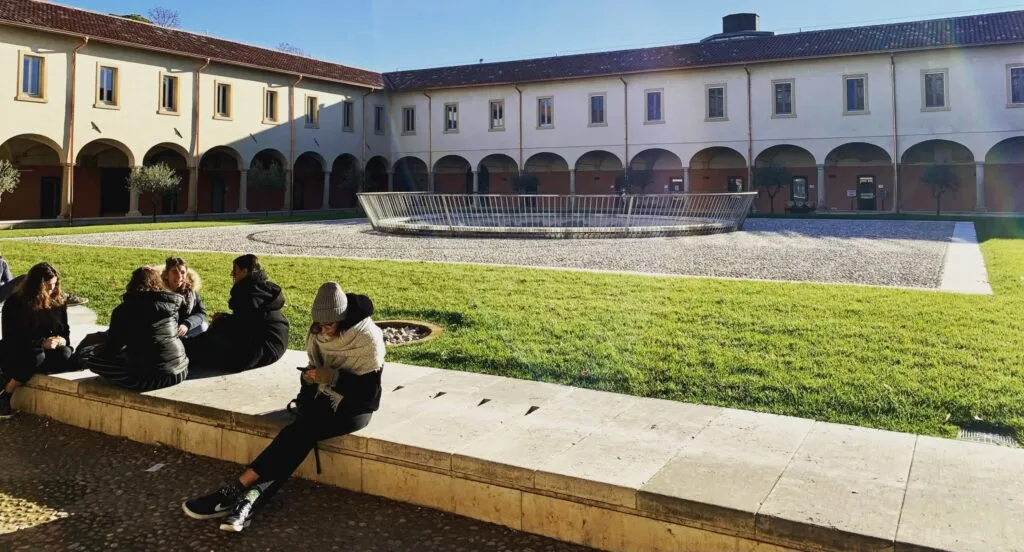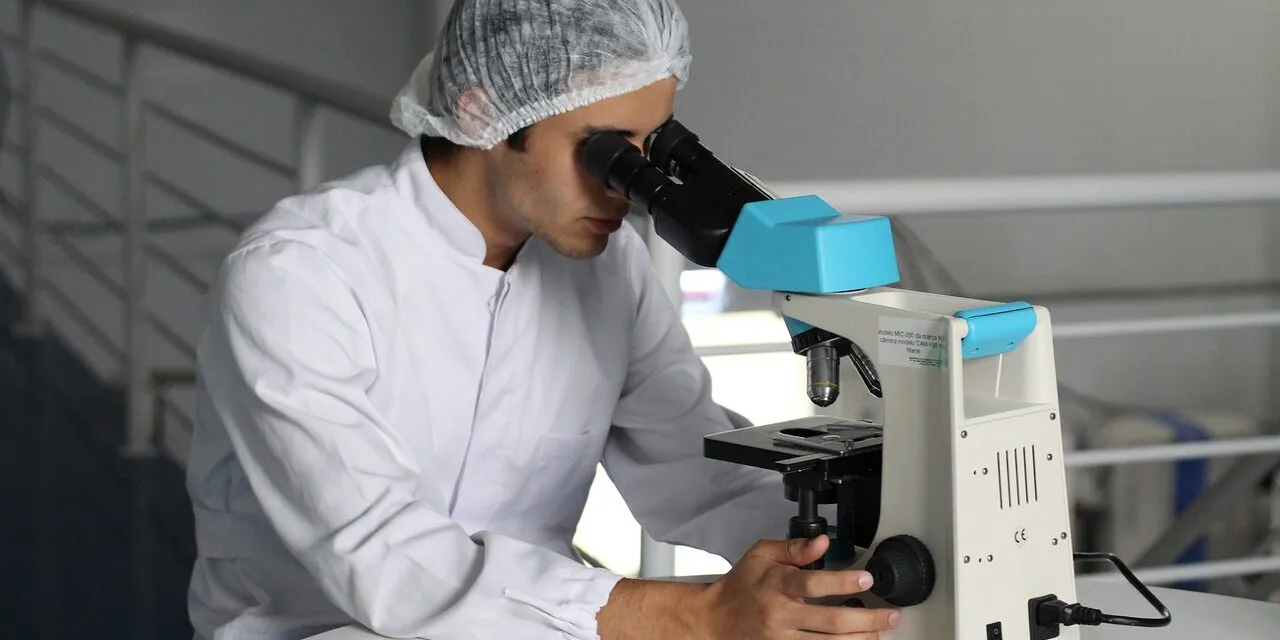The Food and Drug Administration has set aside 1.5 million for the Biosimilar Drugs Project, which aims to develop medicines that are “similar” to reference biologic treatments in terms of their quality, efficacy, and safety while not being covered by a patent. Indeed, these can improve access to care, economic competitiveness, and treatment options.
Therefore, the U.S. Food and Drug Administration is relying on the University of Verona and the initiative “Bridging the Gap: Using Foreign Real-World Data to Inform Interchangeable Biosimilar Approvals.” Three entities will work together on research and project activities for a total of two years: Verona University, Southern Denmark University, and the U.S. Biologics and Biosimilars Collective Intelligence Consortium. These entities will collaborate closely to further advance scientific knowledge and innovation in the fields of biologics and biosimilars.
Biosimilar drug’s research
“Biologic therapies have greatly revolutionized the treatment of many chronic inflammatory diseases,” explains Gianluca Trifirò, professor of pharmacology and director of the graduate school of clinical pharmacology and toxicology at the University of Verona, Italy, “but the high costs can create significant pressures on the national health care system.”
“Biosimilar drugs can offer a chance to reduce costs, but their use still raises serious problems, particularly when it comes to the transition between the so-called originator biological drug and the corresponding biosimilar drug in patients who are receiving chronic treatment, for which monitoring with real-world data is crucial. As a result, our project will have significant regulatory utility because it will enable the evaluation of the interchangeability of original biologic pharmaceuticals and their corresponding biosimilars using databases for American health and two European countries active in various therapeutic fields.”
The Regional Pharmacovigilance Center for the Veneto Region, which is based in the university’s Pharmacology Section, as well as faculty from the Department of Diagnostics and Public Health, including Andrea Spini and Ylenia Ingrasciotta, will be involved in the project, as will Trifirò, who will serve as the principal investigator.
















